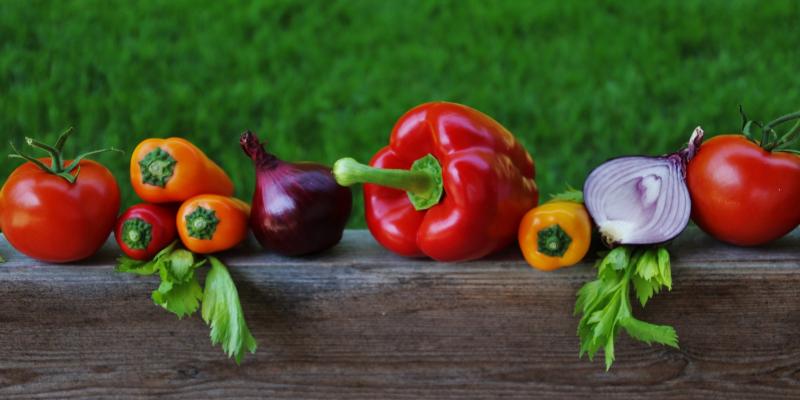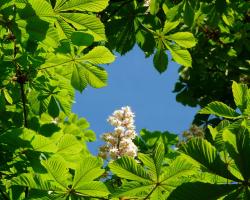Organic farming in Poland continues to develop, which is evidenced by the rising numbers of certified farms and farming area used according to organic farming regulations. However, it is hard to tell if the organic products are actually any healthier.
During the years 2003-2012, organic farming area grew eleven times and currently composes 3.4 percent of the entire arable land in Poland. According to the information of the Ministry of Agriculture and Rural Development, by the end of December 2012, the area of organic farming in Poland amounted to almost 662 thousand hectares – 10 percent more than in the previous year. The control of the certified entities covered 26.5 thousand manufacturers.
Ecology regulated by law
The rules of organic production result from Council Regulation of 2007, which defines organic production as a farm management and food production system combining the best environmental practices with a production method preferred by consumers, who prefer products made from natural substances and through natural processes.
The Regulation goes on to state that organic production satisfies the demand for organic products on the one hand, and contributes to environmental protection on the other.
It states that one of the objectives of organic production is the creation of a sustainable management system for agriculture, which respects nature’s systems and cycles and sustains and improves the condition of the soil, water, plants, and animals. Human health is not mentioned, however.
Permitted fertilisers and pesticides
In contrast to the common view, organic farming permits certain mineral fertilisers. Their admission is decided by the Institute of Soil Science and Plant Cultivation in Puławy. Mineral nitrogen-based fertilisers are exceptions, as they are prohibited.
It is also not true that organic farming does not apply pesticides, although there is a strict limit on the use of those produced by chemical synthesis.
Currently, there are 22 products admitted for use in organic farming in Poland. Some of them are natural and contain e.g. pest killing viruses and bacteria toxins. However, the list also contains fungicides, which have been used for years in traditional farming, and contain copper compounds, which can be harmful to bees and water organisms.
Ecology and health
2012 saw the publication of a paper by Stanford University researchers, who analysed 240 reliable scientific publications on the composition of organic products and those from traditional farms. They reached the conclusion that there is no proof that organic food contains more nutrients, although it may limit the risk of digesting the remains of pesticides and antibiotic-resistant bacteria.
The risk of infection with Escherichia coli also turned out to be comparable in both organic and traditional agricultural products. A toxic strain of these bacteria caused the deaths of several dozen people in Europe in 2011. The source of the infection was fenugreek sprouts produced in organic farms.
It should also be remembered that with the start of 2014, the European Union introduced regulations forcing all professional users of pesticides to prefer non-chemical methods in the prevention of diseases and pests.









Comments (0)